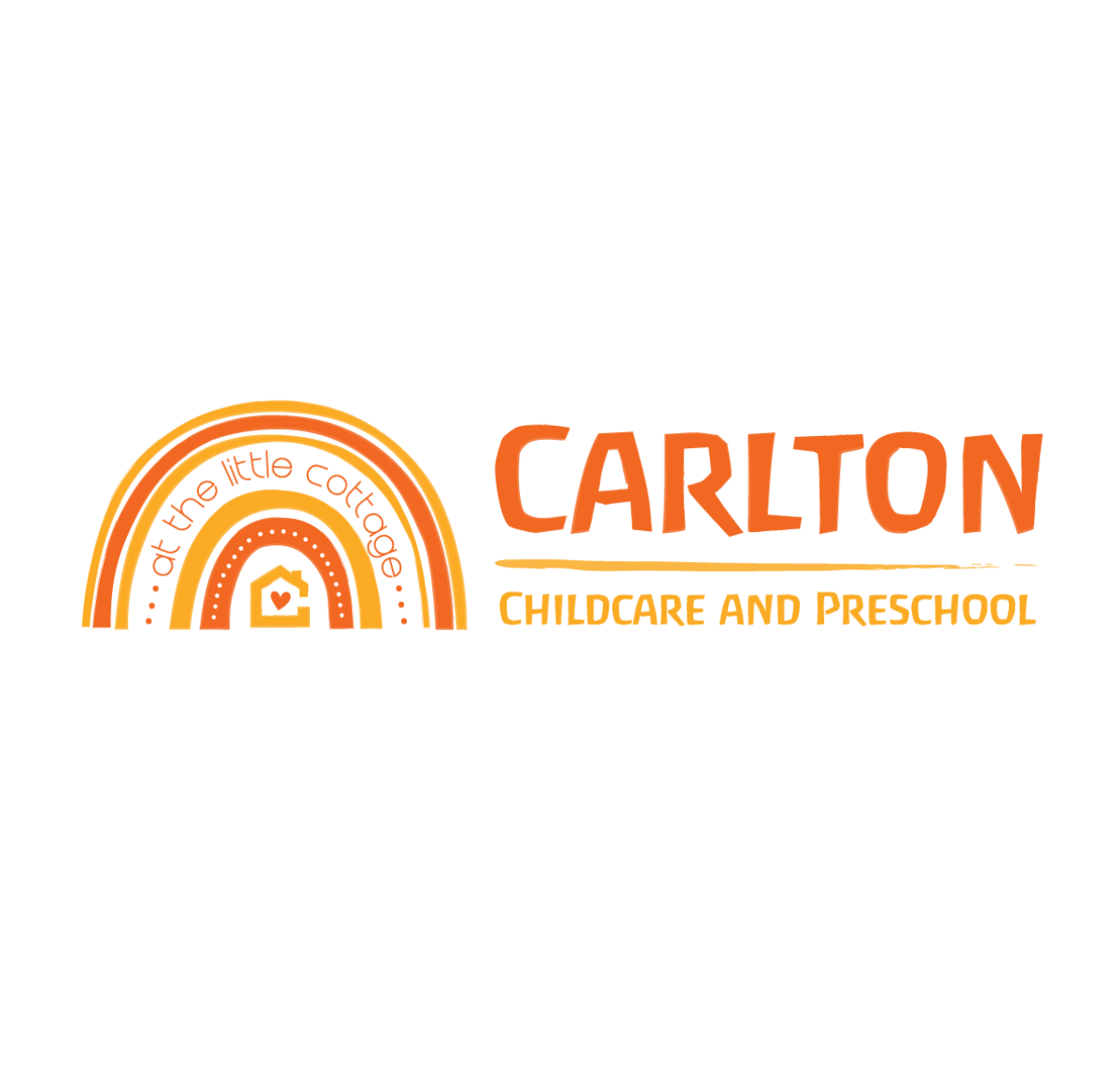The Early Years Learning Framework (EYLF) is part of the Council of Australian Government’s (COAG) reform agenda for early childhood education and care and is a key component of the Australian Government’s National Quality Framework (NQF) for early childhood education and care. It aims to ensure the delivery of nationally consistent and quality early childhood education across all services and states. The Early Years Learning Framework describes the principles, practice and outcomes essential to support and enhance young children’s learning from birth to five years of age, as well as their transition to school.
The EYLF has a strong emphasis on play-based learning as play is the best vehicle for young children’s learning providing the most appropriate stimulus for brain development. The EYLF also recognises the importance of communication and language (including early literacy and numeracy) and social and emotional development
EYLF Learning Outcomes
Learning Outcome 1: Children have a strong sense of identity
- 1.1 Children feel safe, secure, and supported.
- 1.2 Children develop their emerging autonomy, inter-dependence, resilience and sense of agency
- 1.3 Children develop knowledgeable and confident self-identities
- 1.4 Children learn to interact in relation to others with care, empathy and respect
Learning Outcome 2: Children are connected with and contribute to their world
- 2.1 Children develop a sense of belonging to groups and communities and an understanding of the reciprocal rights and responsibilities necessary for active community participation.
- 2.2 Children respond to diversity with respect.
- 2.3 Children become aware of fairness.
- 2.4 Children become socially responsible and show respect for the environment.
Learning Outcome 3: Children have a strong sense of wellbeing
- 3.1 Children become strong in their social and emotional wellbeing.
- 3.2 Children take increasing responsibility for their own health and physical wellbeing.
Learning Outcome 4: Children are confident and involved learners
- 4.1 Children develop dispositions for learning such as curiosity, cooperation, confidence, creativity, commitment, enthusiasm, persistence, imagination and reflexivity.
- 4.2 Children develop a range of skills and processes such as problem solving, inquiry, experimentation, hypothesising, researching and investigating.
- 4.3 Children transfer and adapt what they have learned from one context to another.
- 4.4 Children resource their own learning through connecting with people, place, technologies and natural and processed materials.
Learning Outcome 5: Children are effective communicators
- 5.1 Children interact verbally and non-verbally with others for a range of purposes.
- 5.2 Children engage with a range of texts and gain meaning from these texts.
- 5.3 Children express ideas and make meaning using a range of media.
- 5.4 Children begin to understand how symbols and pattern systems work.
- Children use information and communication technologies to access information, investigate ideas and represent their thinking.
